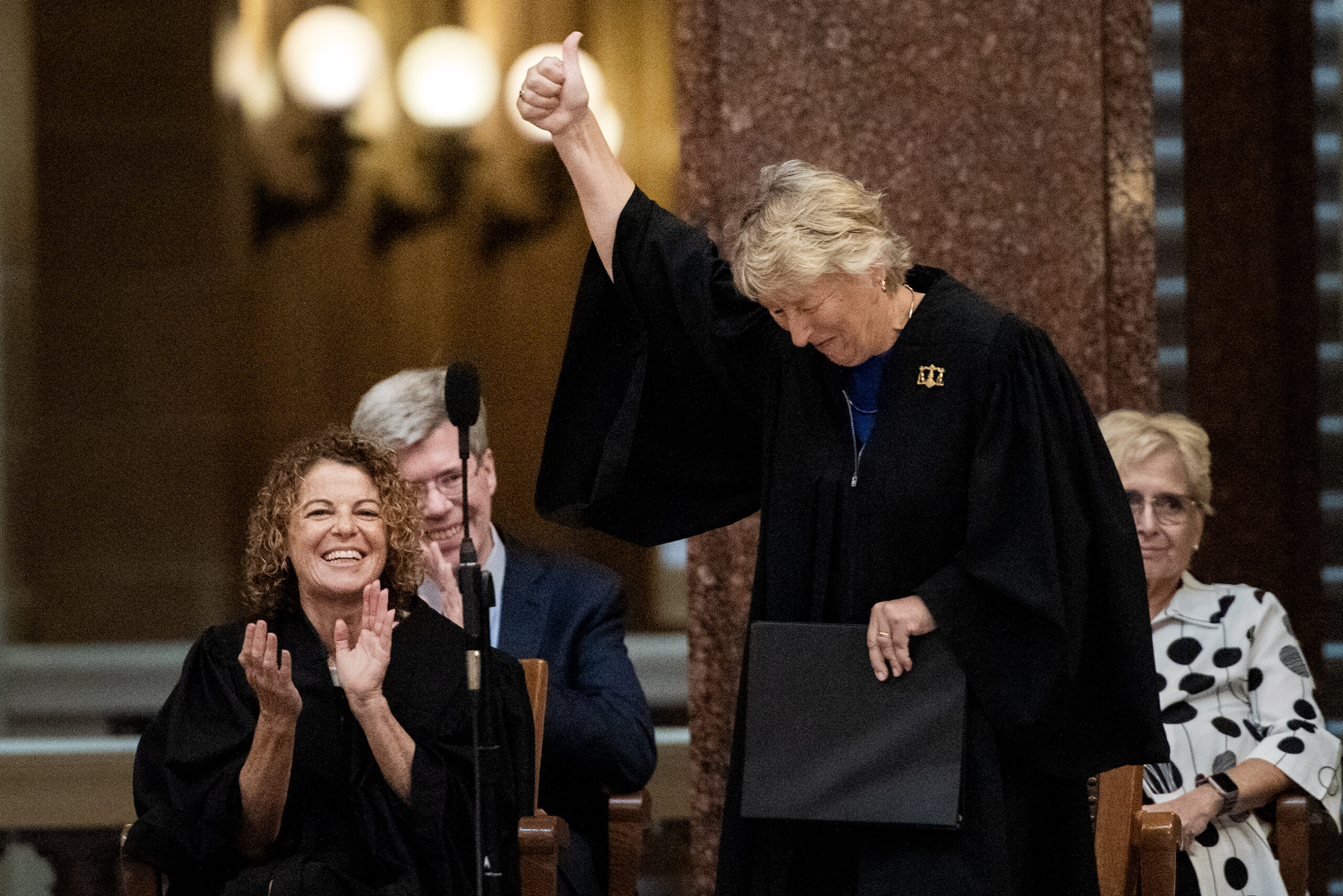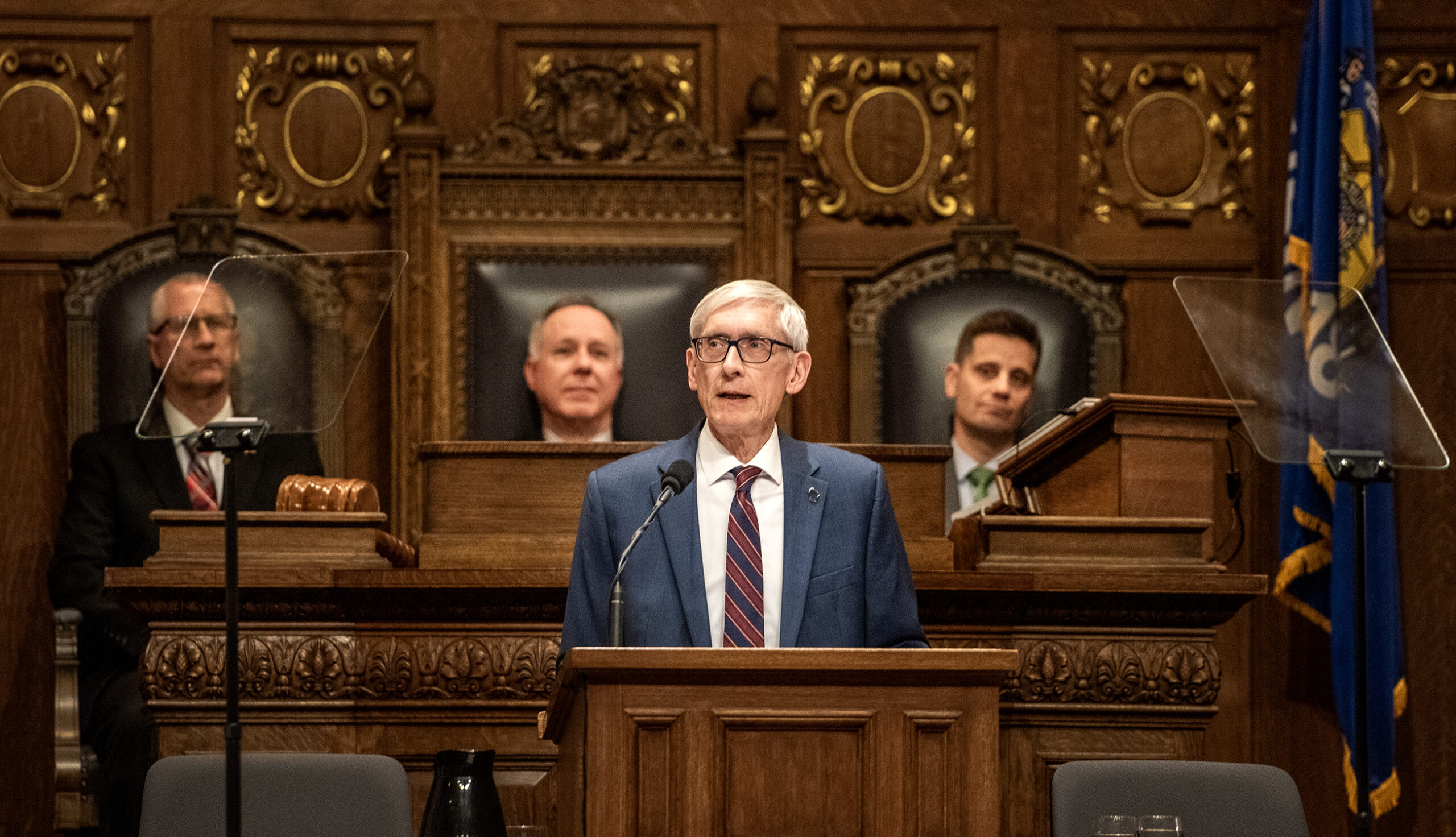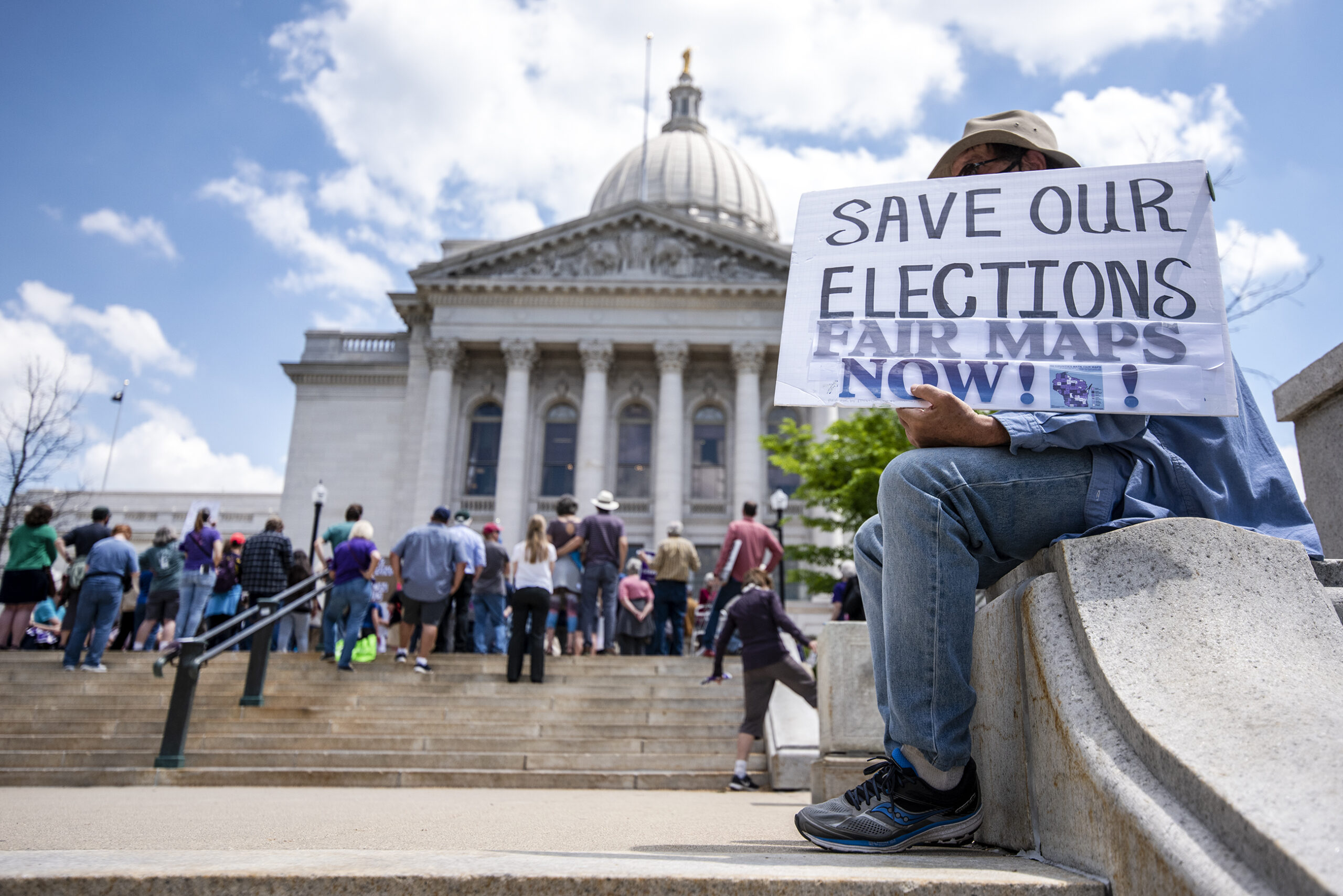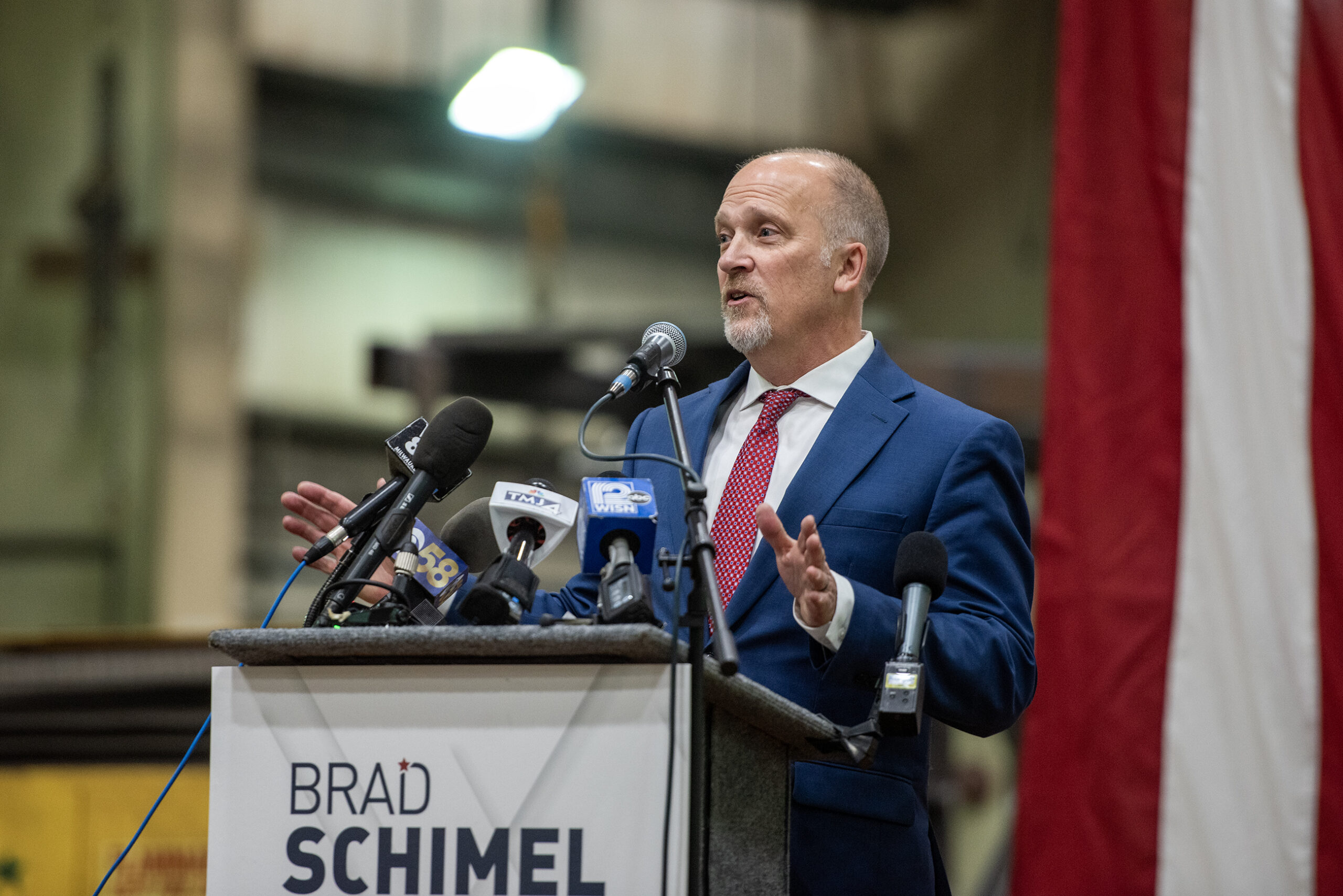Wisconsin Supreme Court Race
Featured in this Show
-
Wisconsin Supreme Court Candidates
A 20 year veteran of the Wisconsin Supreme Court is defending her record and rejecting her opponent’s label of a ‘judicial activist.’
Supreme Court Justice Ann Walsh Bradley is seeking a third ten year term on the state’s highest court. She is being challenged by James Daley, a former district attorney and for the past 26 years, a Rock County circuit court judge.
Daley offers no specifics, but charges that Bradley is a judicial activist on the seven member state Supreme Court.
“I’m not a judicial activist,” said Daley. “I believe the constitution has meaning. I believe the role of the justice is defined by the constitution and we must give deference to the other branches of government who also have constitutional authorities that they exercise. I don’t think that’s been done in the past and I believe it’s time for a change.”
Daley stopped short of singling out Justice Bradley as the only justice who practices judicial activism on the Wisconsin Supreme Court and he didn’t name other justices who practice it. He says it’s a philosophical difference among judges.
“I believe that the constitution and the role of the justice is to apply the law and make decisions based on the rule of the law and the constitution,” Daley said. “Activists believe that in fact, they’ve been put on the bench to correct the policy mistakes of other branches of government. I don’t think that’s our role unless it rises to the constitutional level.
Bradley says using the term ‘activist judge’ is nothing more than a label meant to distort one’s record. She says it’s used to politicize the court and put judges at the center of the cultural wars. She agrees with former U.S. Supreme Court Justice Sandra Day O’Connor’s interpretation of activist judge, ‘What they really are saying is they just don’t agree with your decision,’ according to O’Connor.
“Is it an activist judge when I am the first one to write an opinion upholding constitutionality of the sexual predator law in Wisconsin?” Bradley asked. “Is it activist when I affirm a termination of parental rights’ case? Is it activist when I say under the constitution that a particular area of free speech must be upheld?”
Bradley was a circuit court judge in Marathon County for ten years when she was first elected as a justice in 1995.
Bradley says she’s concerned Judge Daley’s campaign will have the support of special interest groups that will spend vast amounts of money on his behalf. She says if that happens, it’s a sign that partisan politics has entered the race, and calls into question his ability to be fair and impartial.
-
Why Supreme Court Races Matter
With history as a guide, not many people are likely to show up and vote in the April 7 general election in Wisconsin. One in five eligible Wisconsin voters, just 20 percent, typically vote for statewide elections that in the spring are usually non-partisan and tied to local races like mayor or city council.
In the spring of 2015, there are two statewide issues on the ballot and both involve the Wisconsin Supreme Court. There’s a race for justice involving incumbent Ann Walsh Bradley and her challenger, Rock County Circuit Court Judge James Daley. The Wisconsin legislature has also put a constitutional amendment on the ballot, that if approved would change the way the chief justice of the Supreme Court is chosen. Right now, it’s the justice with the most seniority, but the constitutional change would allow the seven justices to vote on who the chief justice is.
A La Crosse Attorney says these state Supreme Court races deserve more attention than they’ve been getting.
“The state Supreme Court is the third branch of state government, and a lot of people don’t realize it is just as powerful as the legislative branch or the executive branch,” said Keith Belzer, a criminal defense attorney who teaches a course on America’s legal system at UW-La Crosse. “Look at the cases that have gone before the Wisconsin Supreme Court just in the last couple of years. Cases on unions, voter identification and health care.”
Belzer makes a case that Wisconsin’s Constitution offers state citizens broader protections than the U.S. Constitution, and that it’s important to get out and vote in state Supreme Court races as a way to keep those protections in place.
Episode Credits
- Maureen McCollum Host
- John Davis Producer
- Ann Walsh Bradley Guest
- James Daley Guest
- Keith Belzer Guest
Wisconsin Public Radio, © Copyright 2024, Board of Regents of the University of Wisconsin System and Wisconsin Educational Communications Board.





